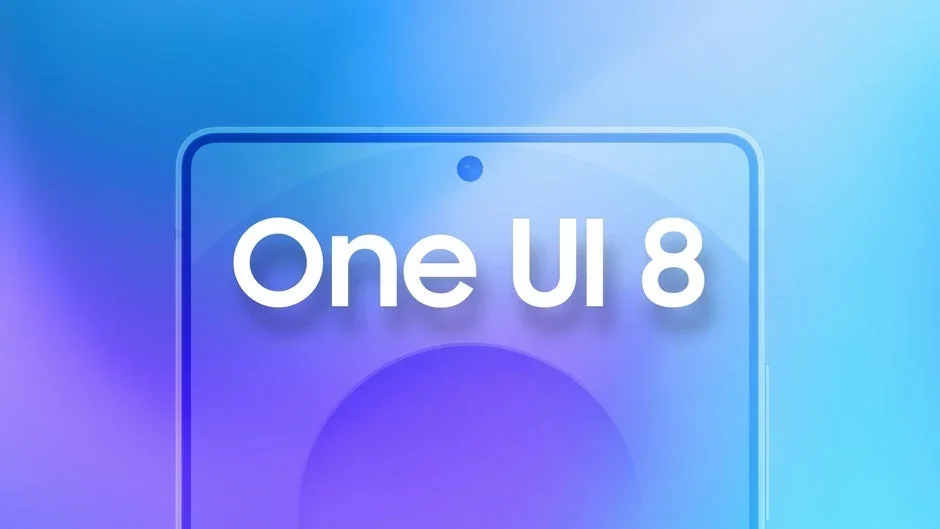Samsung’s latest software update mess
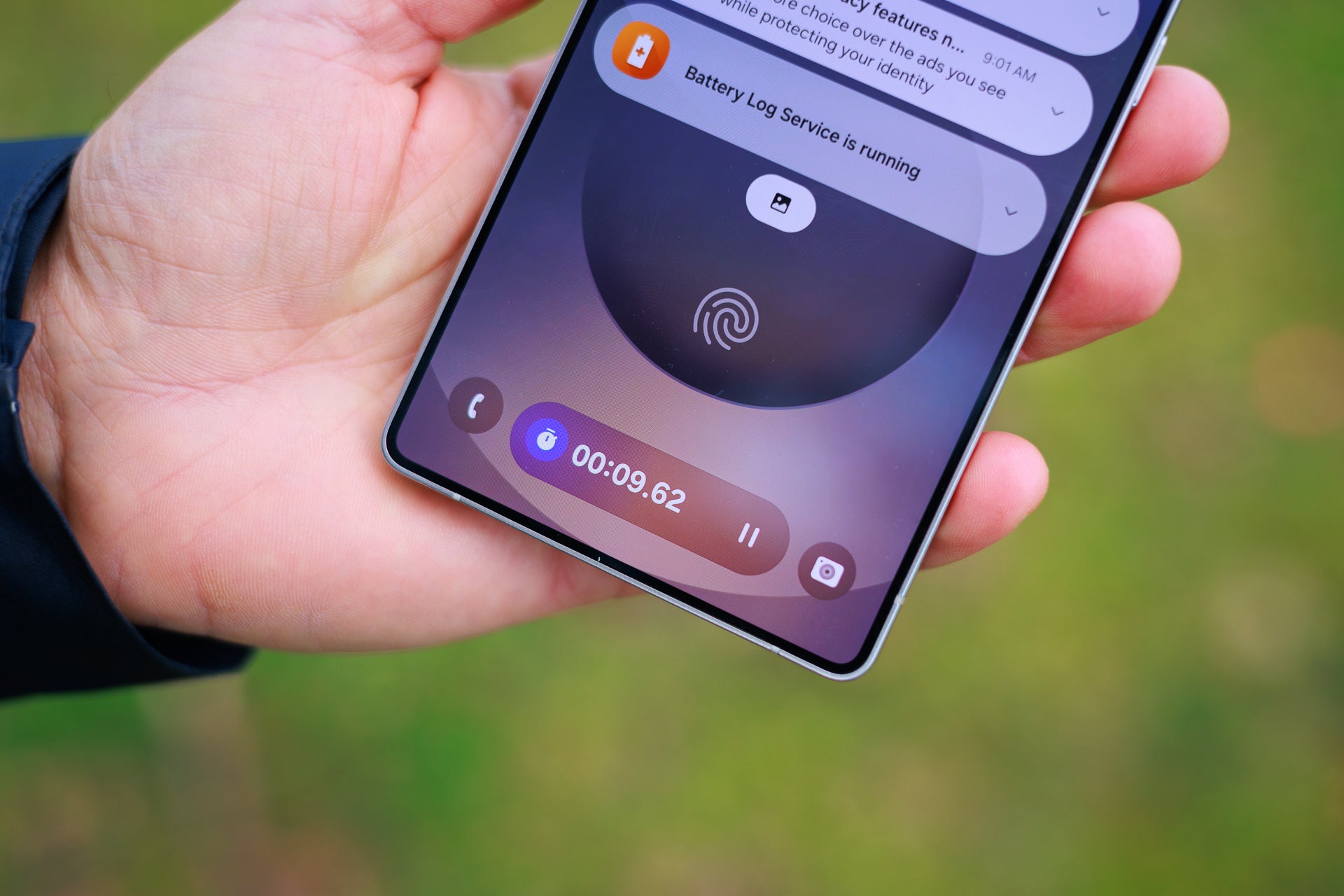

One UI 7 on Samsung Galaxy S25 Ultra, long before older Galaxies got updated to it | Image credit — PhoneArena
To say that Samsung dropped the ball with One UI 7 would be the understatement of the year. Based on Android 15, Samsung’s software suffered delays from the get-go, but the company never talked about it.Google dropped Android 15 in mid-October last year along with the Google Pixel 9 series. Typically, Samsung releases a beta of the new OS shortly after it’s available on Pixel phones, and follows it with a public rollout in a few months. That’s not what happened with Android 15 and One UI 7.
The first One UI 7 beta was released for Galaxy S24 devices in December 2024, which was already a months-long delay. For a short while, it appeared that Samsung was catching up as beta releases were flowing steadily, and the Galaxy S25 series launched with One UI 7 pre-installed and fully functional in February.
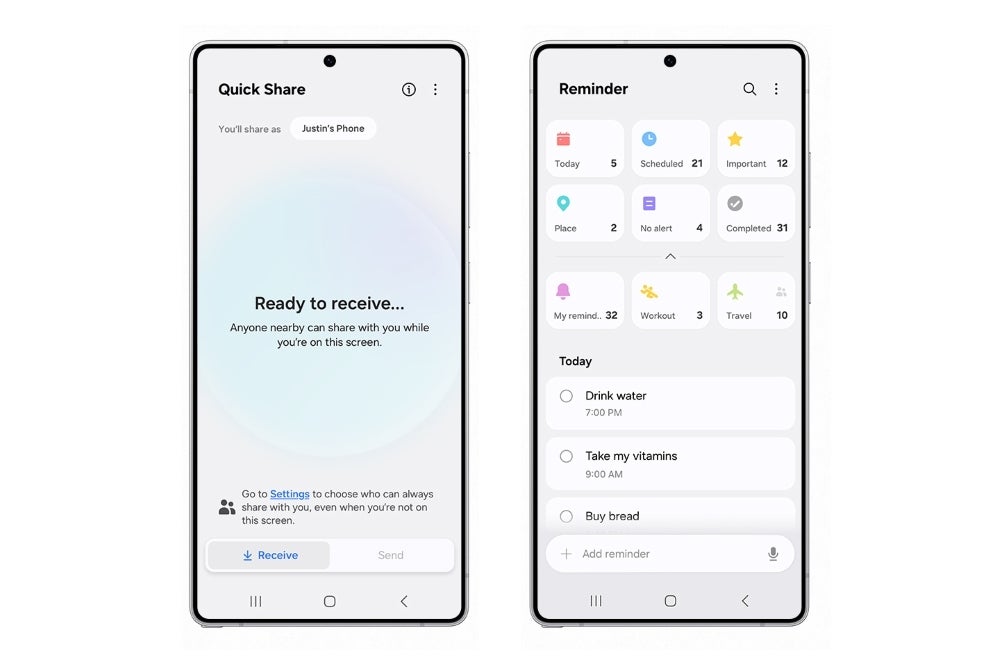

One UI 8 Beta | Image credit — Samsung”
After that launch, things went astray again, and Samsung didn’t even mention an update for its older phones for over a month. Finally, in March, the company broke radio silence and announced a release date in April for the update.
When the update finally started rolling out, the joy was short-lived. Just a few days later, Samsung halted the release because of an unexpected bug. By the time the update was finally rolling out again, One UI 8 leaks had started popping up.
Apple does it better
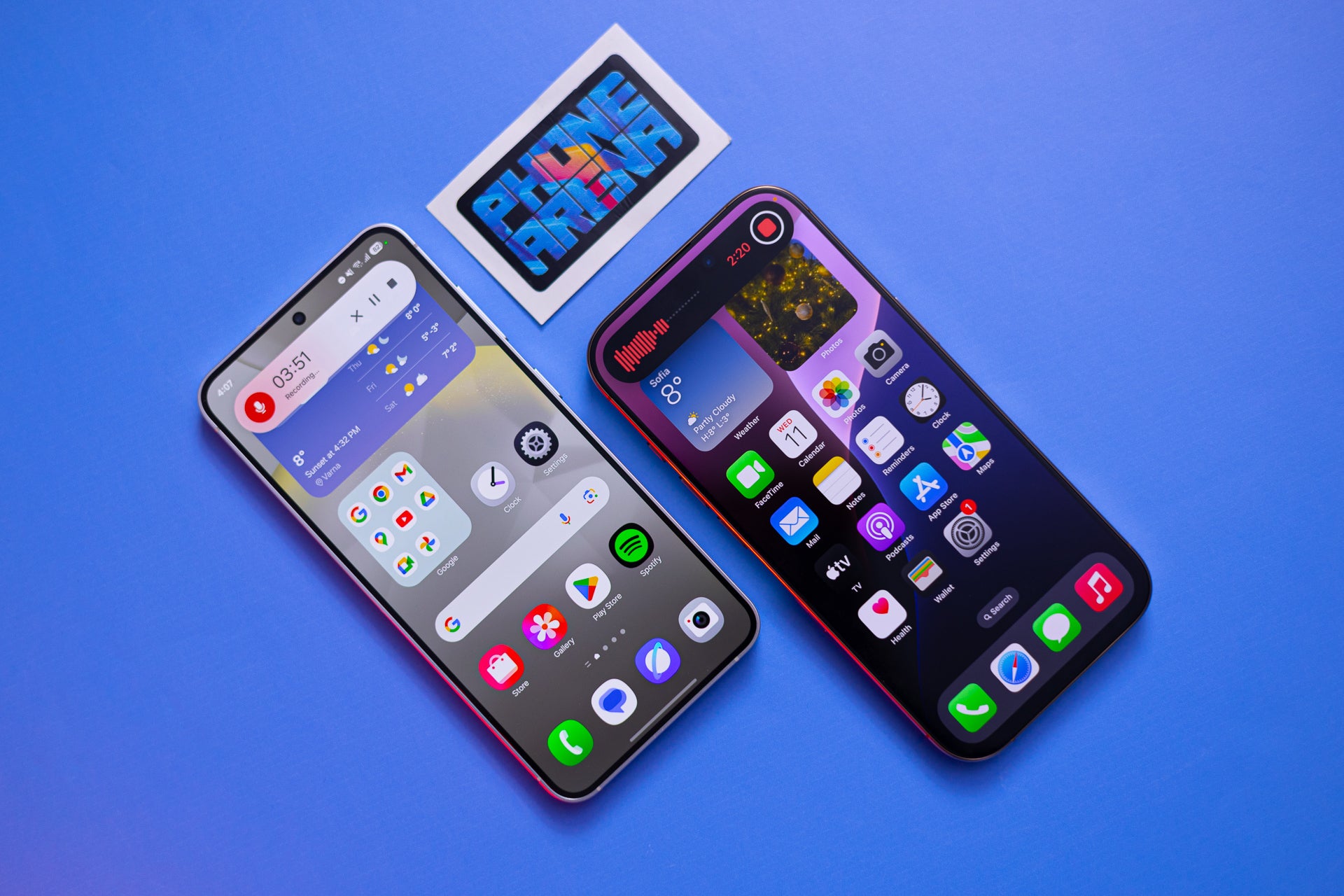

Even if it misses on features, Apple delivers every iOS update in a very predictable manner | Image credit — PhoneArena
I am sure that many of you would blame me for being too harsh on Samsung, but I can’t overlook how things look from the other side. Apple announces new iOS versions at WWDC and releases them in September, along with the premiere of new iPhone models.
Last year, Apple announced the iPhone 16 series on September 9, followed by the launch of all models on September 20. Those were the first devices to get iOS 18 out of the box, but the software release was already available for older devices.
Apple shipped the iOS 18 update for all devices released after 2018 on September 16, 2024. While the scale of Apple’s blunder with Apple Intelligence is similar to the One UI 7 fiasco, the company has at least delivered its updates in a very predictable manner for years.
Samsung’s only excuse – One UI is based on Android, so it’s dependent on external factors – would’ve been a valid one if the company wasn’t boasting about its close relationship with Google. While Android updates aren’t as crucial as they once were, clear communication and the feeling that you’ll be treated as a valuable user even if you have an older device is important.
Having Apple as your main competitor makes it crucial.
Samsung is changing, hopefully for the better
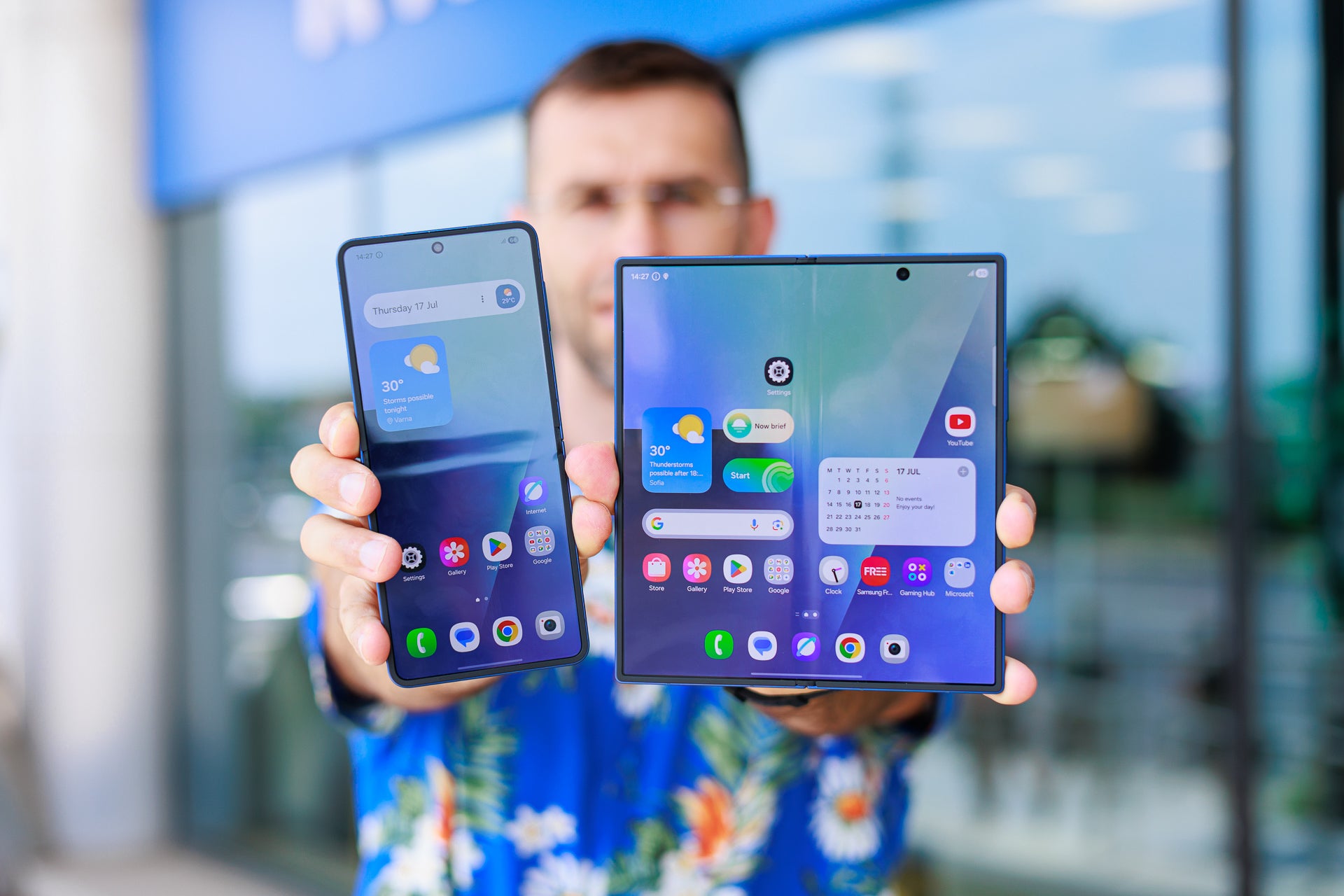

One UI 8, based on Android 16, was launched with Samsung Galaxy Z Fold 7 and Galaxy Z Flip 7 | Image credit — PhoneArena
It’s not all bad for Samsung. For years, Android phones were not only slow to get new OS versions, but they also didn’t receive that many updates. Samsung is now leading the way, promising up to seven years of major Android updates for its most popular devices.
Such a promise makes the release schedule even more important, and Samsung may be aware of the issue. Android Authority reports that the company started following the same development process that helped Google speed up and streamline its own release schedule.
The first result of it is the One UI 8 release along with the Galaxy Z Fold 7 and Galaxy Z Flip 7. However, Samsung hasn’t announced an official date when older devices will receive the Android 16-based software. We can only guess that the final release is close, because One UI 8 for the Galaxy S25 series is currently in its third beta.
That highlights Samsung’s efforts to fix the issue, but also its biggest failure. We keep hearing about internal improvements mostly from external sources and leaks. Leakers and analysts are also the main source of information about One UI 8 on older devices.
Instead, Samsung should start talking about its software plans more openly and manage user expectations. Taking control of the conversation about the software updates might feel risky because you can’t break a promise you haven’t made. However, keeping your fans in the dark only exacerbates their confusion and doubts.
I hope Samsung uses this moment to learn its lessons. If the rumors are true, the technical teams may have already done it. Now it’s time for the communications teams to demonstrate that they’re not falling behind and make us believe the One UI 7 story won’t repeat.
#Galaxy #S24 #didnt #updated #time #trust #Samsung #time
